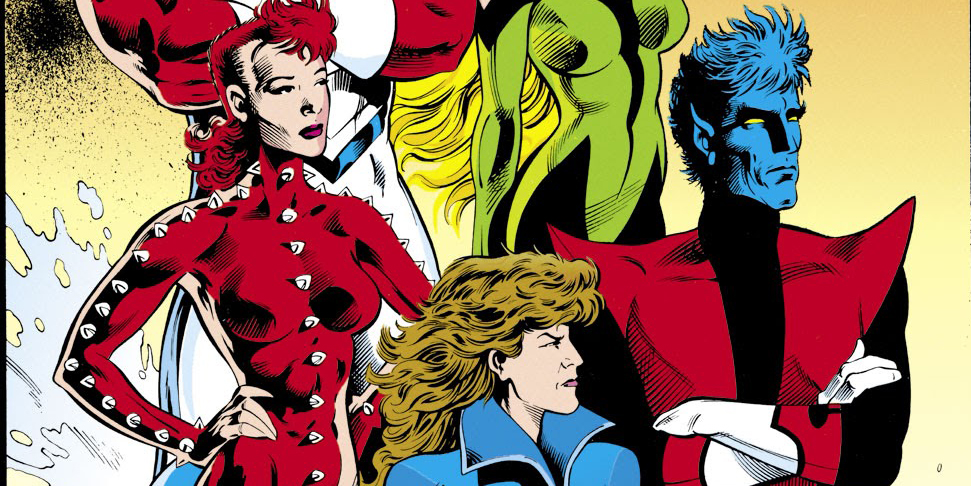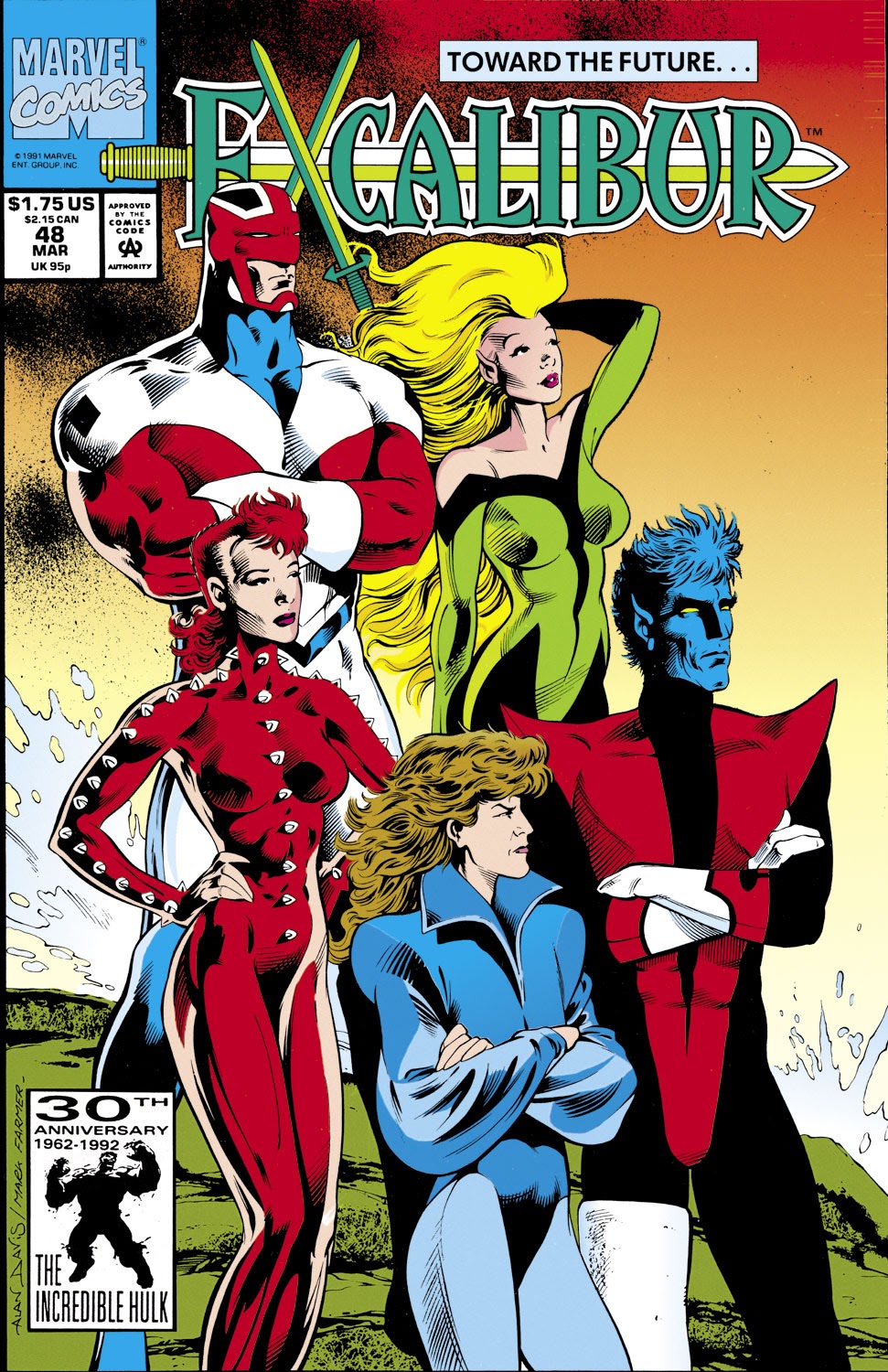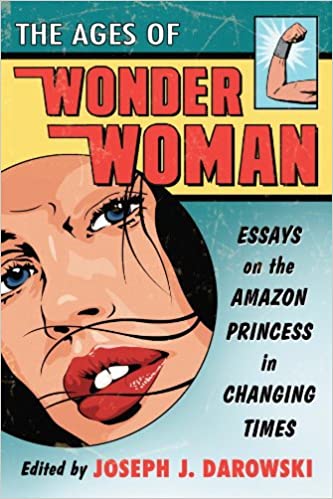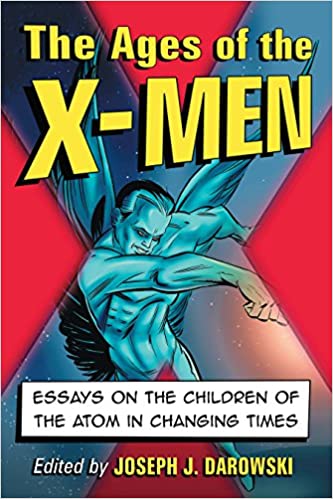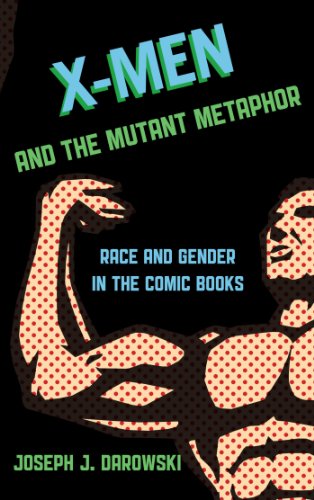Excalibur #48
“Irish Stew”
Writer and pencils: Alan Davis
Colours: Glynis Oliver
Inks: Michael Heisler
Editor: Terry Kavanagh
Original publication date: March 1992
We forget to celebrate our 50th episode with a deep dive into an archeological dig turned theological dilemma in Excalibur #48, “Irish Stew,” guided by comics and pop culture scholar and host of The Protagonist Podcast, Dr. Joseph Darowksi! Asking important questions like: what is the Anti-Phoenix? And do we actually care? We also extol the virtues of Kylun, catch up with the team’s team-building, and dig through familiar topics from new angles, including the mutant metaphor, diminishing returns on the never-ending retconning of the Phoenix Force, and why even when it’s doing a lot of setup, Alan Davis’ Excalibur is still pretty darn great.
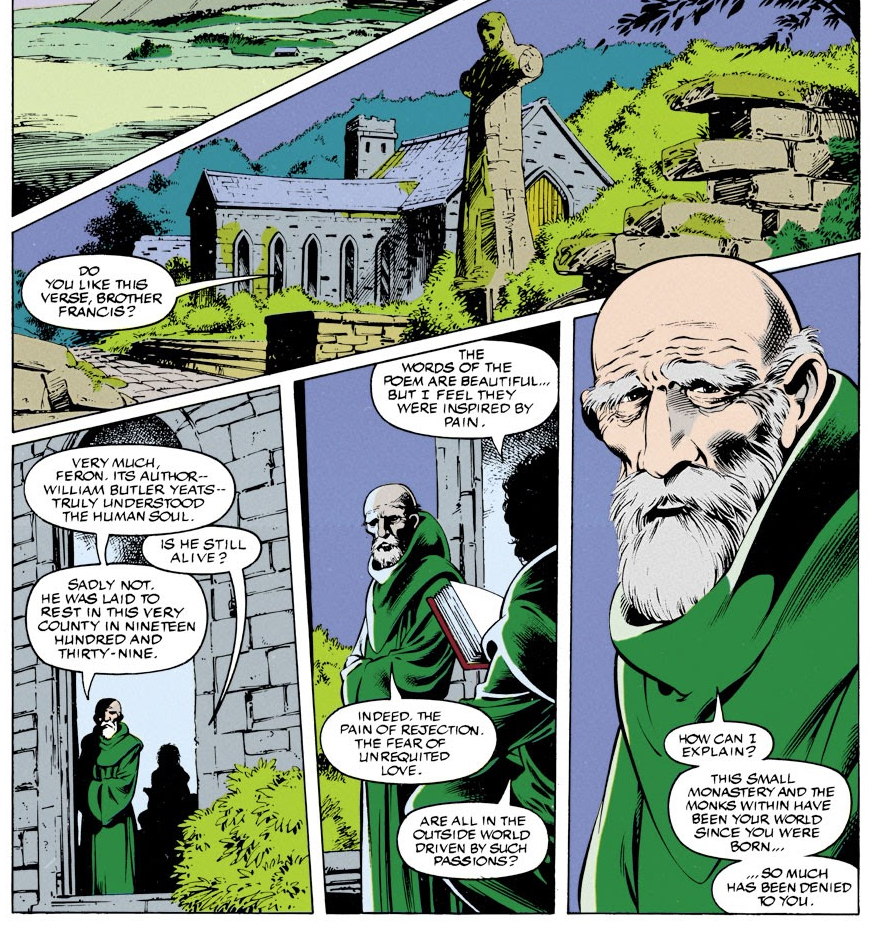
On the precision of Davis:
“The image of Brother Francis is a wonderful individual piece of comic art. All the details are there – this is a fully formed person. Some comics artists have generic faces they use. This isn’t that.” -Joe
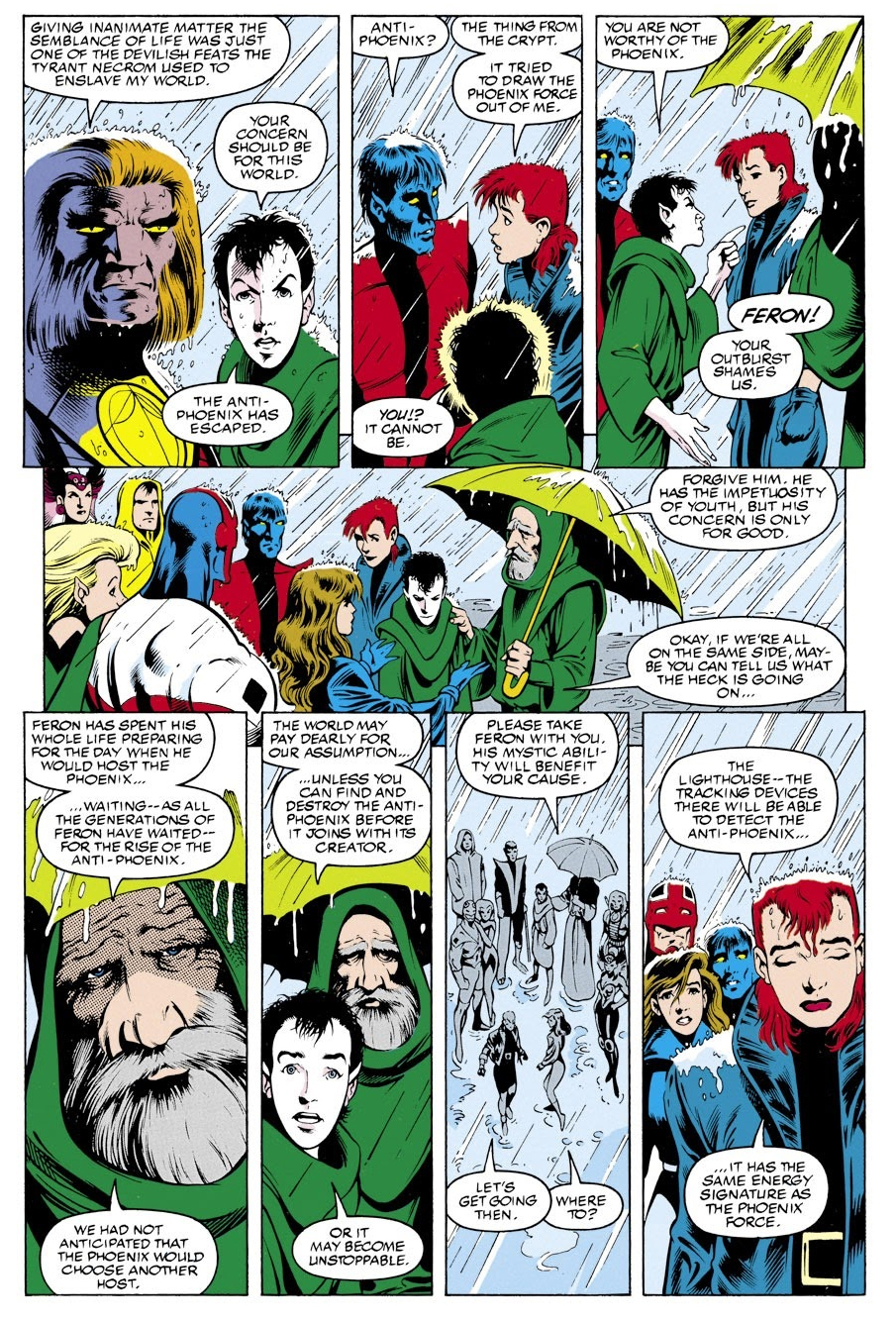
On the theology of the Phoenix:
“This issue pivots the Phoenix mythology, which was based in Wicca and Kabala, to a more Christian formulation, with the idea of the anti-Phoenix and the monk culture surrounding it. It works for this story. But I’m sad to see the other mythology go.” -Andrew
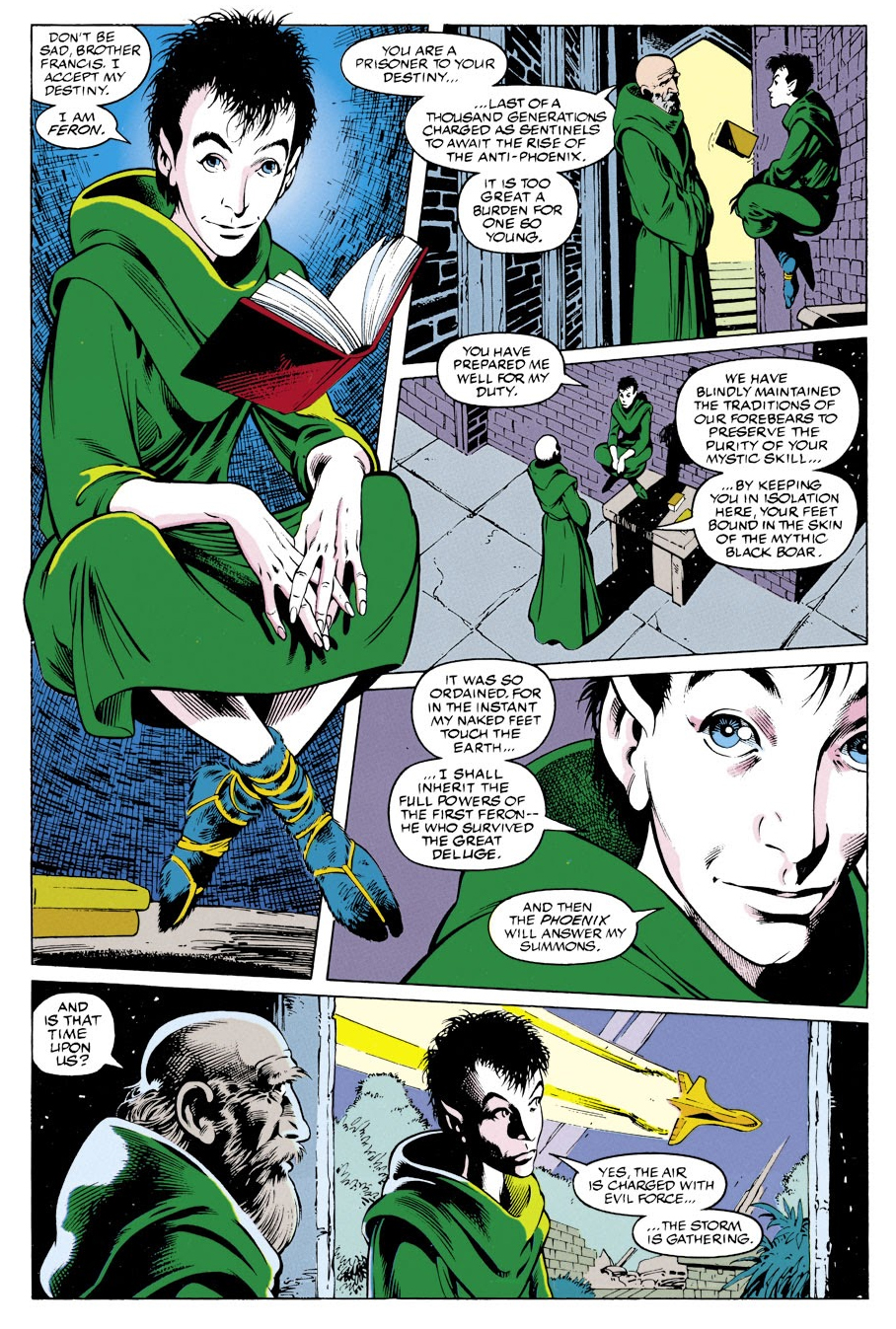
On the hate-able-ness of Feron:
“We are introduced to this character on page two of this book, from essentially a ‘cold open,’ and here’s this kid, floating, reading his book. And I hate him. You just look at Feron and you know—I’m supposed to hate that kid.” -Mav
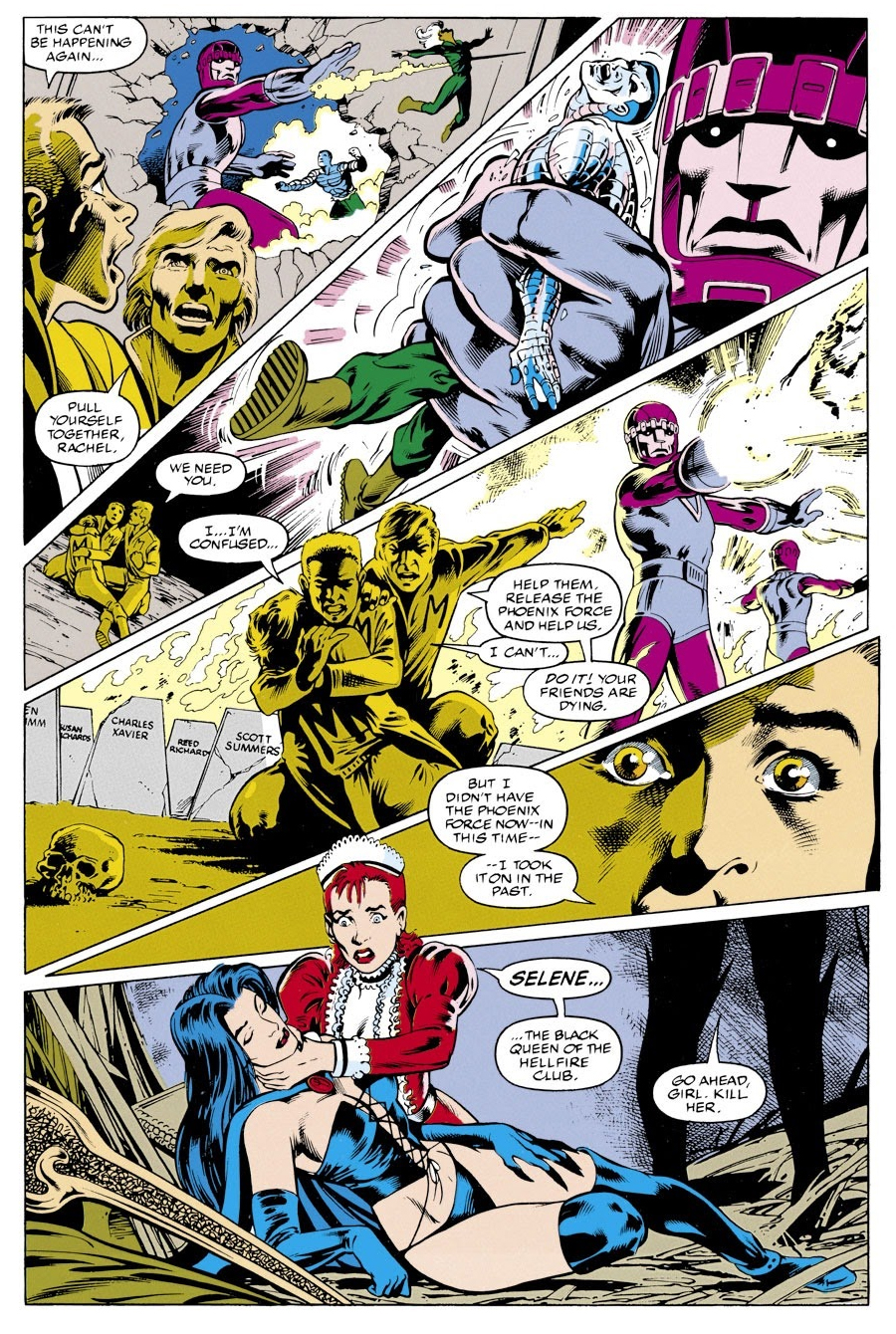
On yet more flashbacks:
“The way Rachel’s already-convoluted story keeps being reiterated and retold makes it feel like the writers think it needs fixing—like it never quite works.” -Joe
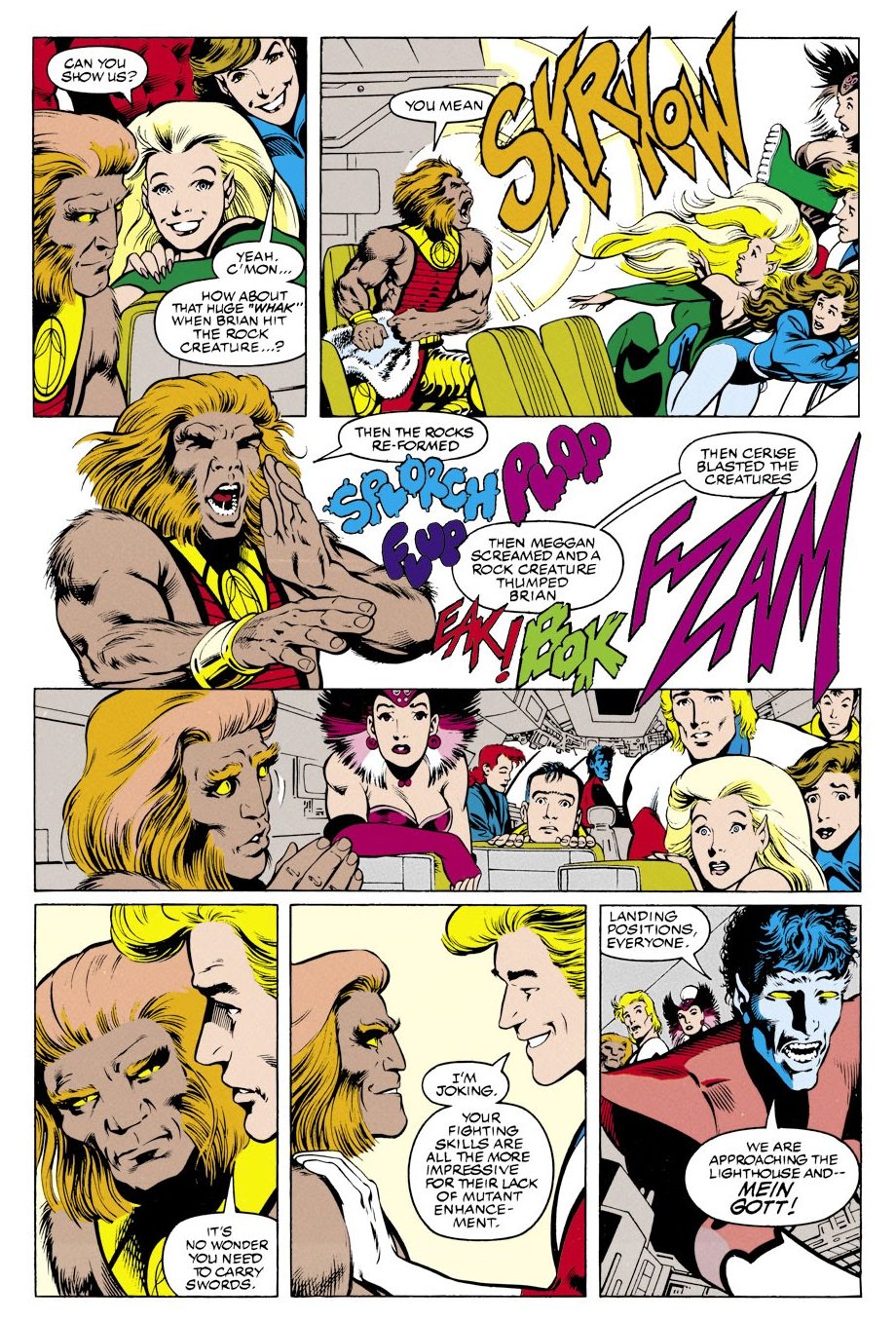
On the joys of Kylun:
“The fact Kylun’s mutant power is completely separate from what his more superheroically useful skills are, is such an absurd Excalibur-style joke, he almost can’t exist outside of that context.” -Anna
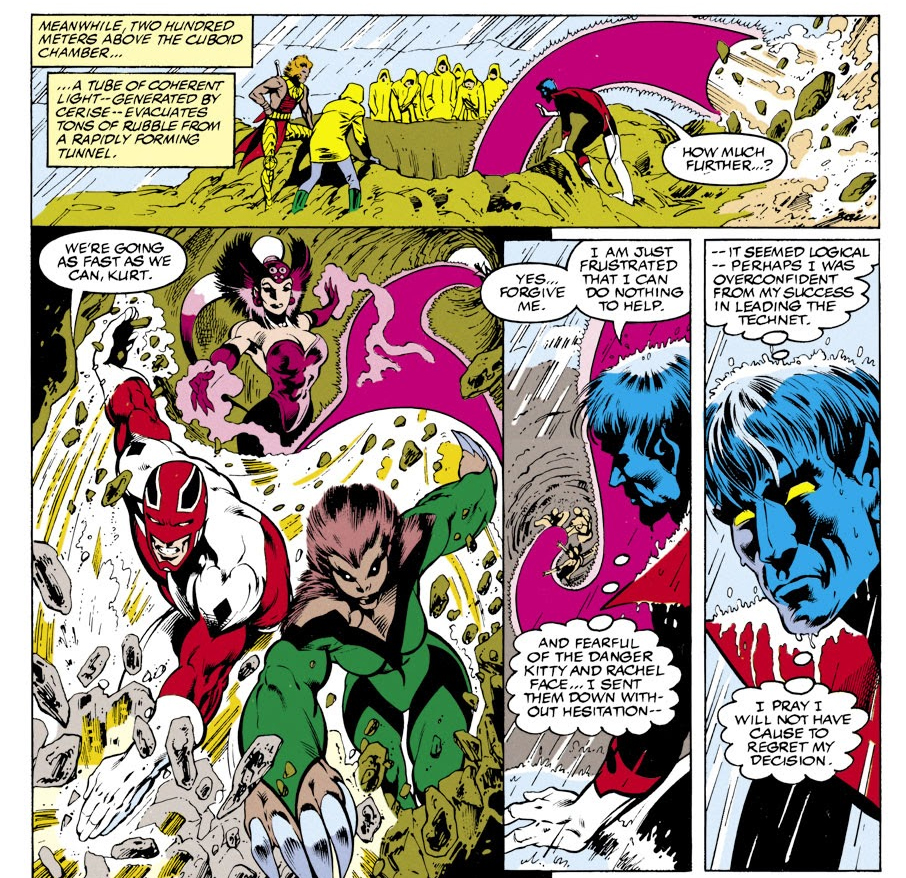
On the burdens of leadership:
“We already see Kurt dealing with the burdens of leadership. He sends Kitty and Rachel down in the hole, realizes he did it automatically, because it was the logical decision, and really hopes he doesn’t regret it.” -Anna
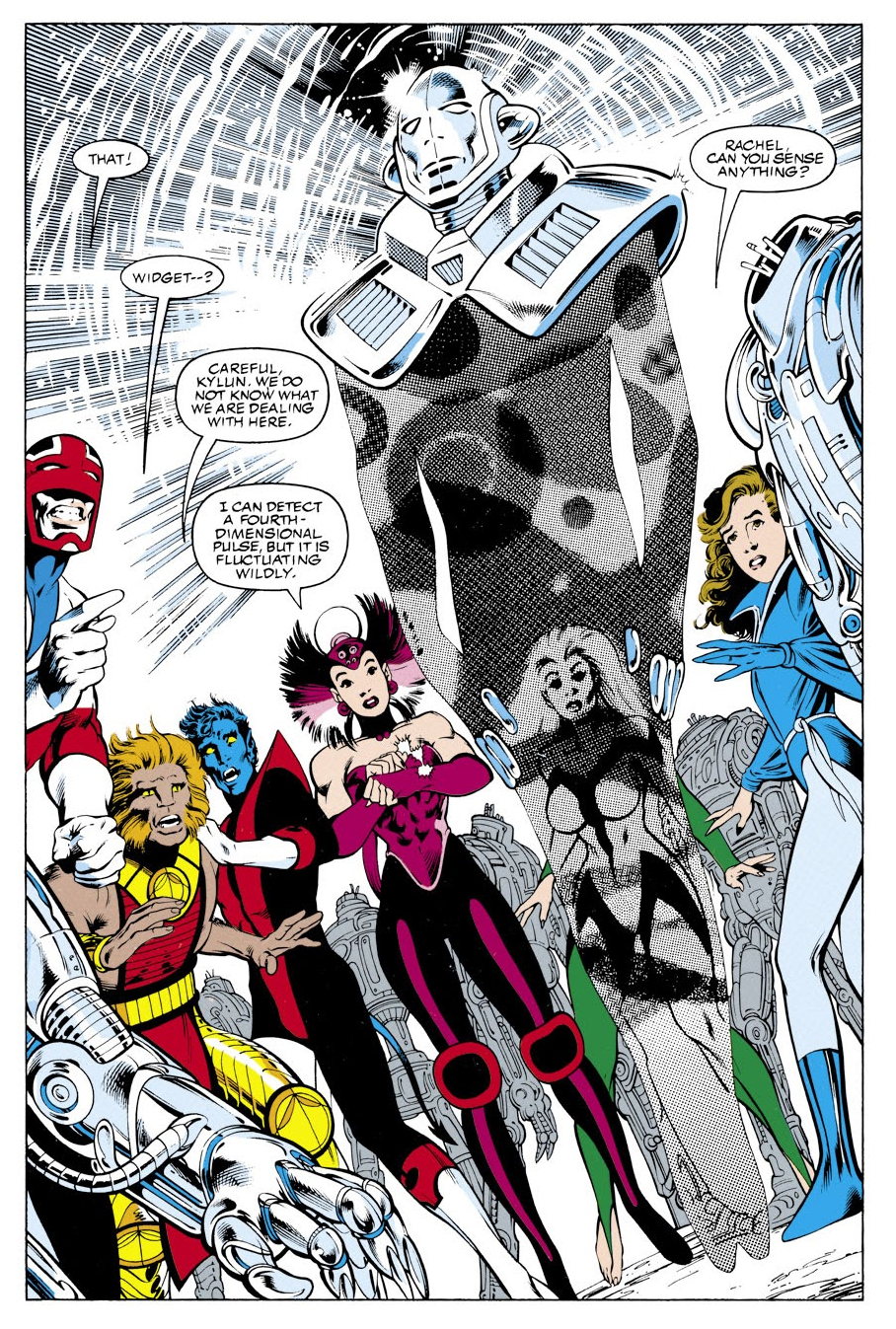
On science fictional evolution:
“There’s this concept of the singularity in science fiction, wherein the first AI to be able to improve itself, to evolve, the process of it evolving could take place over seconds. The presentation of Widget evokes that here.” -Andrew
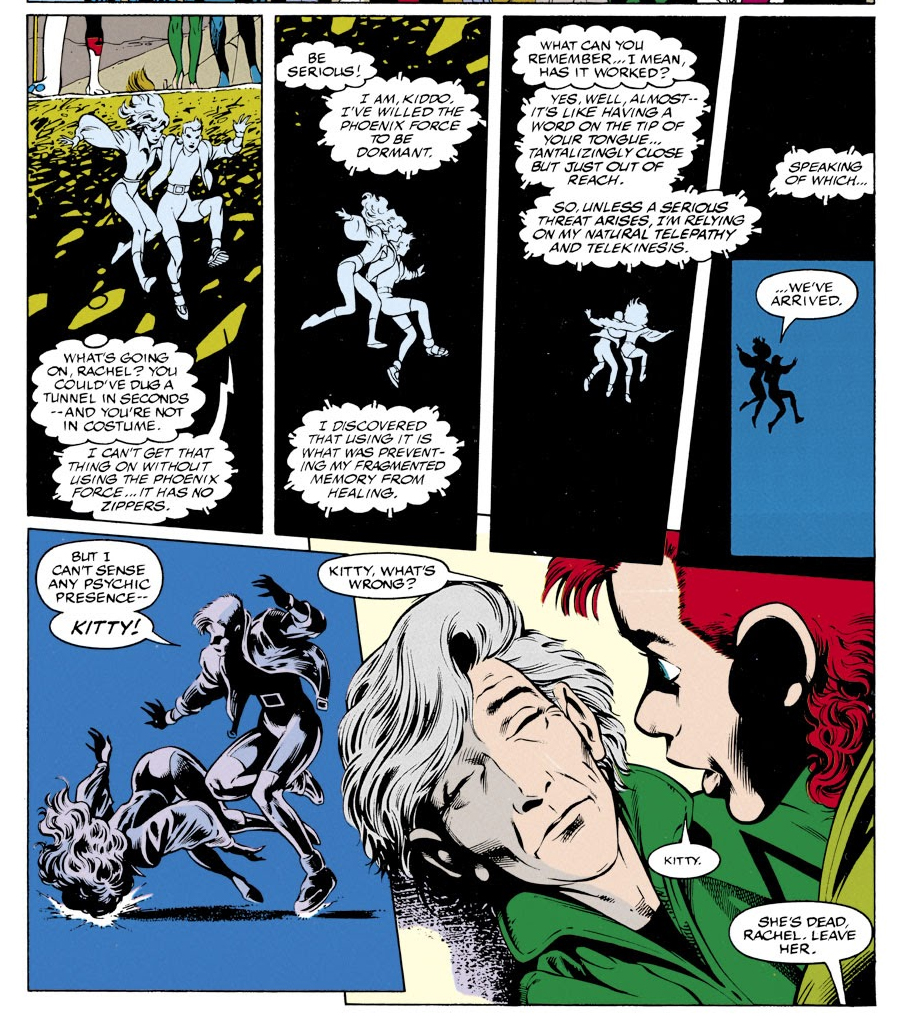
On core bonds:
“It’s important to see Rachel reconnect with Kitty after Rachel’s character-building journey with Meggan. And just to keep it interesting, they have the conversation in telepathic thought bubbles while phasing through the earth.” -Anna

Want more Joseph Darowski?
You can find him on Twitter (@JDarowski) and find him discussing a great story with a great character every week on The Protagonist Podcast!
Plus! Check out the “Ages of…” series of books about superheroes, edited by Joe, including The Ages of Black Panther, The Ages of Wonder Woman, The Ages of the X-Men and many more!
And! Joe is also the co-author, with Kate Darowksi, of Cheers: A Cultural History and Frasier: A Cultural History.
And as usual:
You can find Anna on Twitter (@peppard_anna) and on her podcast with Andrew and Michael Hancock, Three Panel Contrast (@3PanelContrast).
You can find Andrew on Twitter (@ClaremontRun).
You can find Mav on Twitter (@chrismaverick) and on his podcast, VoxPopcast (@VoxPopcast).
Enjoy!
-GGW Team

